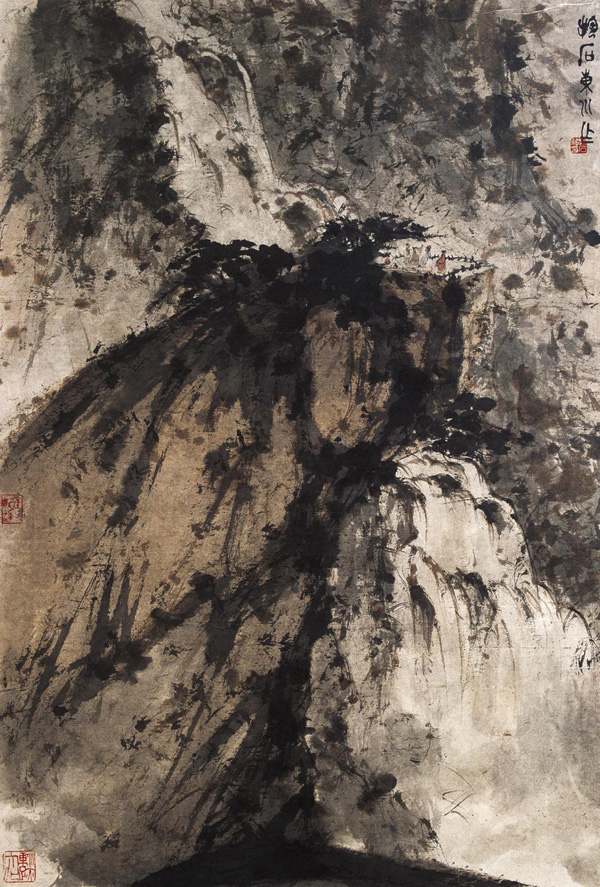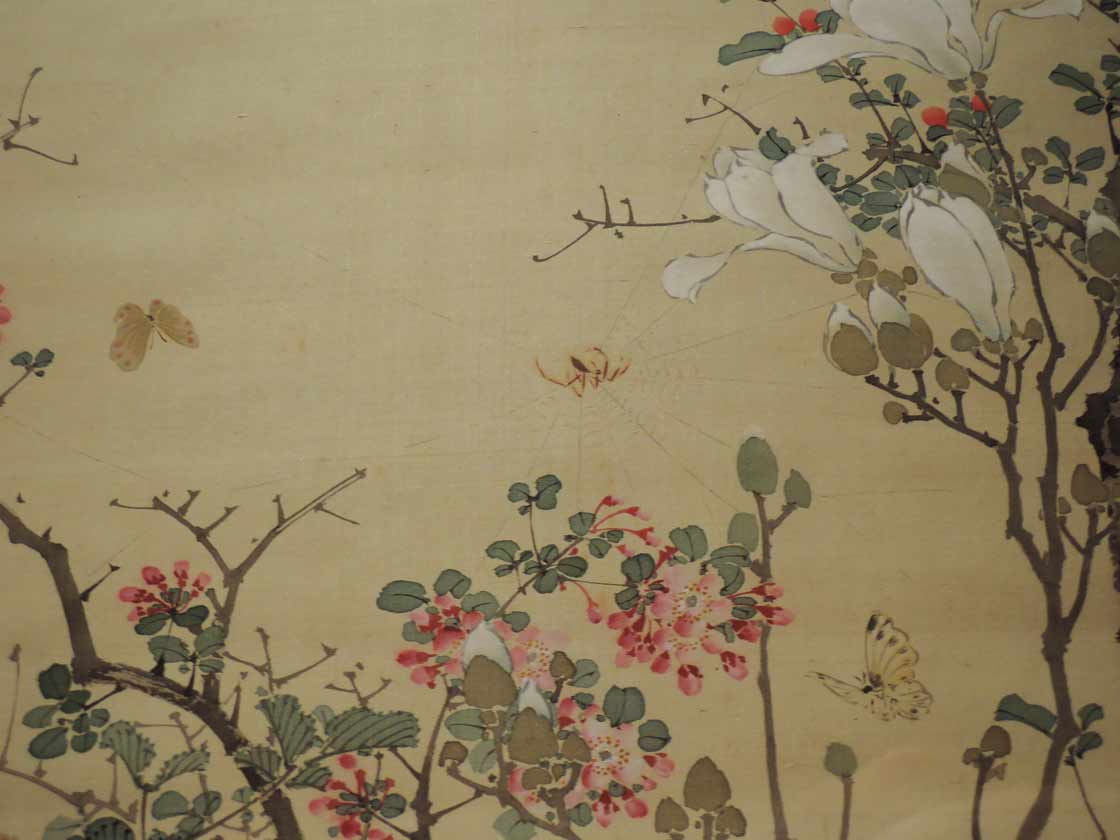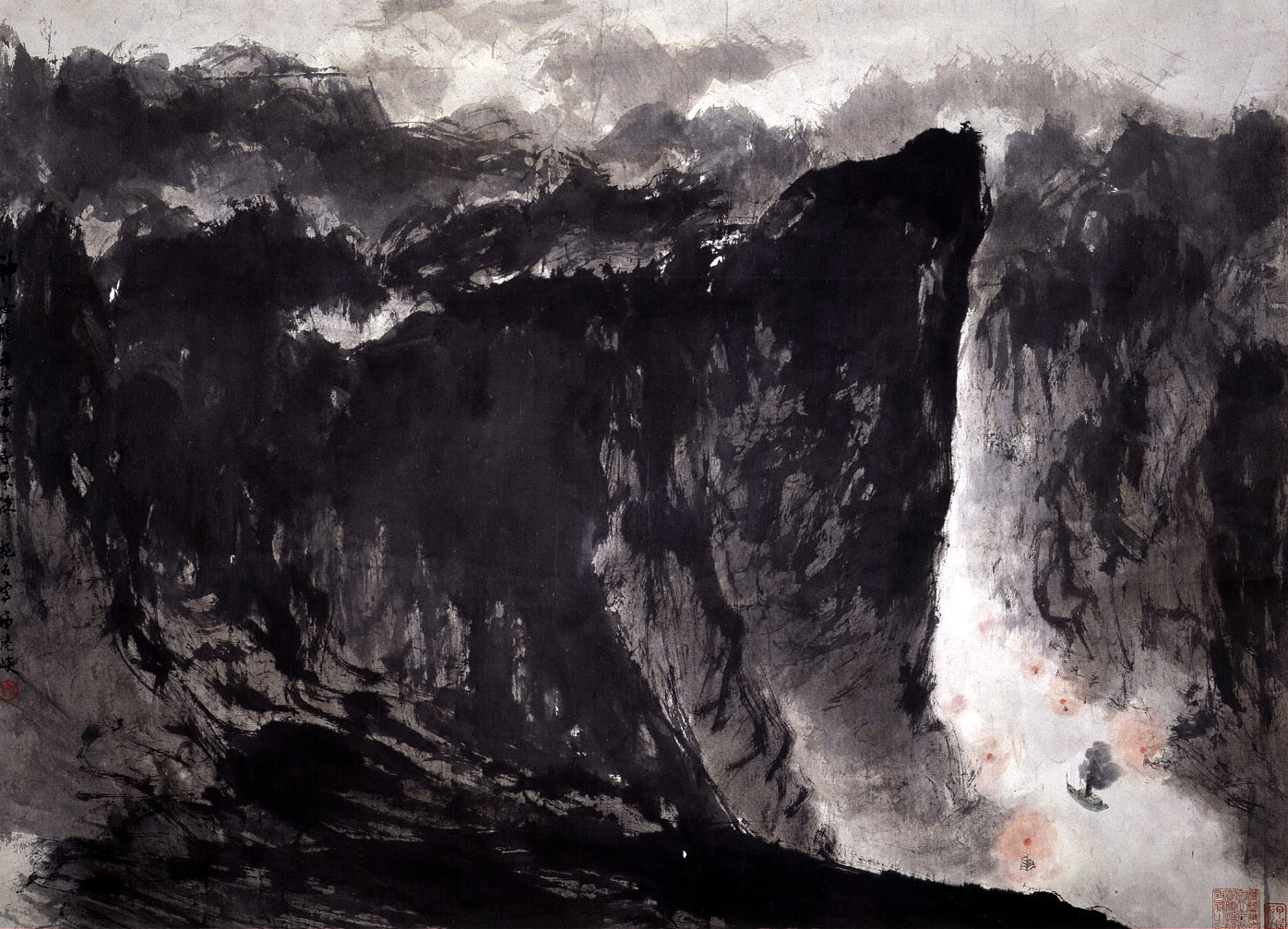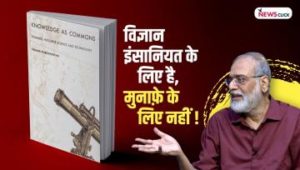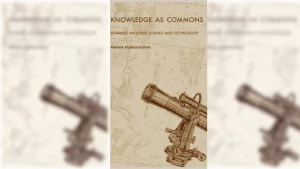AFTER THE WAR
At the end of the war
When the counting of dead bodies
began, the Pandavas and the Kauravas
beat their brows together in horror.
‘Why did we fight at all?’ asked
the Pandavas. ‘How did
they die?’ asked the Kauravas.
‘Whose cruel deed was this?’
enquired the Pandavas. ‘Who
was behind it?’ enquired
the Kauravas. ‘Aren’t we kin?’
Pandavas wondered. ‘Aren’t we
neighbours?’ wondered the Kauravas.
‘Our rivers are the same,’ said
the Pandavas. ‘Our languages
are the same,’ said the Kauravas.
‘Our house was on the
other bank of the river,’
remembered the Pandavas.
‘Ours too,’ echoed the Kauravas.
‘The same earth, the same water,
the same sky. The same food,’
Pandavas sang in a chorus.
‘The same tree, the same blood,
the same pain, the same dream,’
Kauravas took up the refrain.
Then they polished their guns
and began shooting one another.
(Written soon after the Kargil War
between India and Pakistan)
THE MEMORY OF HIROSHIMA
(Written on Hiroshima Day, 1991. Dedicated to the people of Peringom, Kerala, fighting against the proposed nuclear reactor in their village.)
We, grass no storm can break,
survivors of rabbits, earthquakes and revolutions,
silent witnesses to murderous crimes, say:
No more.
1
We remember Hiroshima:
Death descended like the spring in the valley
with the light of a million suns.
Then charcoal, ashes,
an orchard of skulls.
Burnt kimonos dripping
with breastmilk and blood,
the tiny shoes of children
fallen dead on the steps while
rushing back to their homes’ cool shelter,
darling dolls that had leapt down scared
from the schoolbags,
now lying charred on the floor,
fingers that had woven clothes and bread
now stuck to the stilled machines,
the caps of dead songs,
the skirts of dead dances,
liquefied loves,
cherry blossoms dissolved
in the white heat of the scorching summer,
molten eyes,
molten time still on molten clock,
molten language stuck to
molten slates.
2
We grass,
who turn the earth into
a revolving emerald in space,
guard from pain
the feet of the playing children
and the falling flowers,
and tattoo the skulls of the dying
with colourful dreams, say:
No more.
We remember Chernobyl:
Death had come not blood-soaked
like the knife-thrower,
nor in tight vests with a red kerchief
like the bullfighter.
Hiroshima’s sun had risen
like the primal explosion
that had given birth to our earth.
He came amidst the revelries
of that midsummer night in April
to choke the nightingales’ throats,
to still the dancing Gypsy feet.
Invisible serpents of slithering heat,
venomous light piercing the cawing of crows
and the mewing of cats,
children’s life-breath vanishing into
the balloons with the air that blows them up,
mothers carrying their burning children
running all thirst along
streets that lead nowhere,
still-borns delivered on blanched beds
like vain prayers,
milk-bottles brimming with pale death,
tomato-fields that suck human blood,
wheat-fields wielding their golden sword,
stunted trees from which dead birds fall,
bitter honey, black pollen, black snow,
killing shower, killing air,
killing moonlight.
3
We, grass,
the green flags of dreams
stained by the atomic rain,
announcing life’s tenderness
even in the deserts of the battlefield,
did not grow just to be crushed under
the hooves of eternal night.
Lend your ears to our green message:
Wake up, mothers nursing lullabies
and cucumbers in this soil,
with the drums of the minstrels announcing
the dawn for witness,
save from the atomic eclipse
the deathless moon of your selfless love
with its healing roots,
Rise up, brave peasants, rearing
future’s gold in paddy-fields
and grandchildren’s dreams,
with the tears of ancestors
dried up on the ritual masks for witness,
retrieve from the poisoned earth
the untiring sun of your courageous action
that smells of arecanut flowers
until the rhythms of abundant life
echo in the drums of the untouchables
and the hearts of the dispossessed,
until this earth flowers once again
in the melodious rains from the
shepherd’s flute and the monsoon clouds.
THE LAST DREAM
I dream of a day when
jasmine creepers will
wind round tanks,
rifles will support
cucumber vines and
godowns of gunpowder
will fill with the fragrance
of champa flowers
Then pupils will rain,
hands grow feathers,
white clouds turn into angels
and borders disappear
Once again… I… will…
kiss… your… eyelids…
Oh…!
Translated from Malayalam by the poet. K. Satchidanandan is perhaps the most widely translated and anthologized of contemporary Indian poets. His books in English translation are While I Write: New and Selected Poems (2011), Misplaced Objects and Other Poems (2014) and The Missing Rib (2016). In 2015 he resigned all his positions in the Akademi to protest rising intolerance and attacks on artists and writers; read his letter to the Akademi here. You can also read his essays on the ICF site here, and his poems and translations in Guftugu here.
These poems are the sixth in ICF’s unfolding Citizens against War series of literature and art, initiated in the spirit of listening: to our poets, artists, fellow citizens, against war and warmongering.
Text © K. Satchidandan. Images from top: © Fu Baoshi / Pinterest ; Yamamoto Baiitsu / Plathey ; Katsushika Hokusai / Althouse ; © Fu Baoshi / WikiArt.
